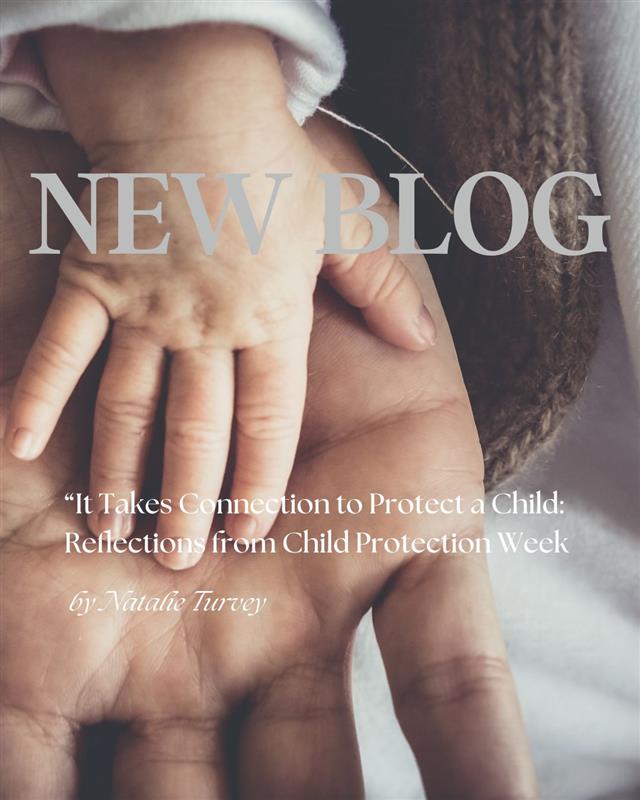‘Grief is like an ocean; it comes in waves ebbing and flowing. Sometimes the water is calm and sometimes it is overwhelming. All we can do is learn how to swim’ - Vicki Harrison
Grief is a natural process of loss. It’s conventionally thought of as the loss of a loved one. However, it can be a loss of something that is a core part of our lives including the loss of a job, a beloved pet, a friendship or going through a divorce. Often grief can feel overwhelming and you may feel an array of emotions such as anger, sadness, disbelief, guilt, shock or numbness. These feelings are unique, they are your reaction to what has happened and no one’s grief is the same.
Grief can come in waves and is a different process for everyone. The circumstances in which you have experienced this loss can affect how you grieve. Some of these can include:
Was the loss anticipated or expected?
Sometimes a loss is anticipated or expected. For example, a loved one could have a long-time illness and you have had some to grieve before the loss. This is called Anticipatory Grief. Not everyone will experience this type of grief and it’s not good or bad. However, if you are experiencing this you may feel a mix of emotions and be struggling with the balance of hope and letting go.
The type of relationship you had:
The role the person played in your life and the quality of the relationship can affect the kind of grief you experience.
How are others around you reacting to the loss?
The way others act around you can play important role in loss and grief. Often people closest to you want you to feel better quickly. Therefore, they don’t give the space a person needs to feel and talk about their emotions.
What else is happening in your life at the time:
Other things that are happening in your life may affect how you grieve. Do you have pressure to quickly step up and look after others? You may feel like you must act normal to support the people around you. Or you might need to return to work for a number of reasons. All these things can play an imperative role in grief.
Ways that you can support yourself while grieving
- Take care of yourself
- Give yourself time to grieve
- Let yourself cry
- Talk to someone you trust
- Accept help from the people around you
- Manage stress and ask friends/family to help with chores and commitments
- Do something you enjoy
- Seek professional help if you need it
Ways to support others
- Ask them how they are feeling and be there to listen – don’t diminish their grief
- Ask them how you can help, do they need help with chores, cooking or just your company
- Don’t be afraid to talk about the deceased person or loss. However, it doesn’t have to be the focus. You can talk about everyday life as well.
- Continue to check in with the person even weeks or months later.
- Encourage them to seek support if their grief doesn’t seem to lessen or they are struggling to function.
Just remember, grief takes time and it’s important that you allow yourself to experience this. Grief is isolating and it’s a deep powerful emotion so it’s important to seek out people to support you. In some cases, people may experience Persistent Complex Bereavement so if you or a loved one does not seem to be improving over time it’s important to reach out for professional support.


.png)





